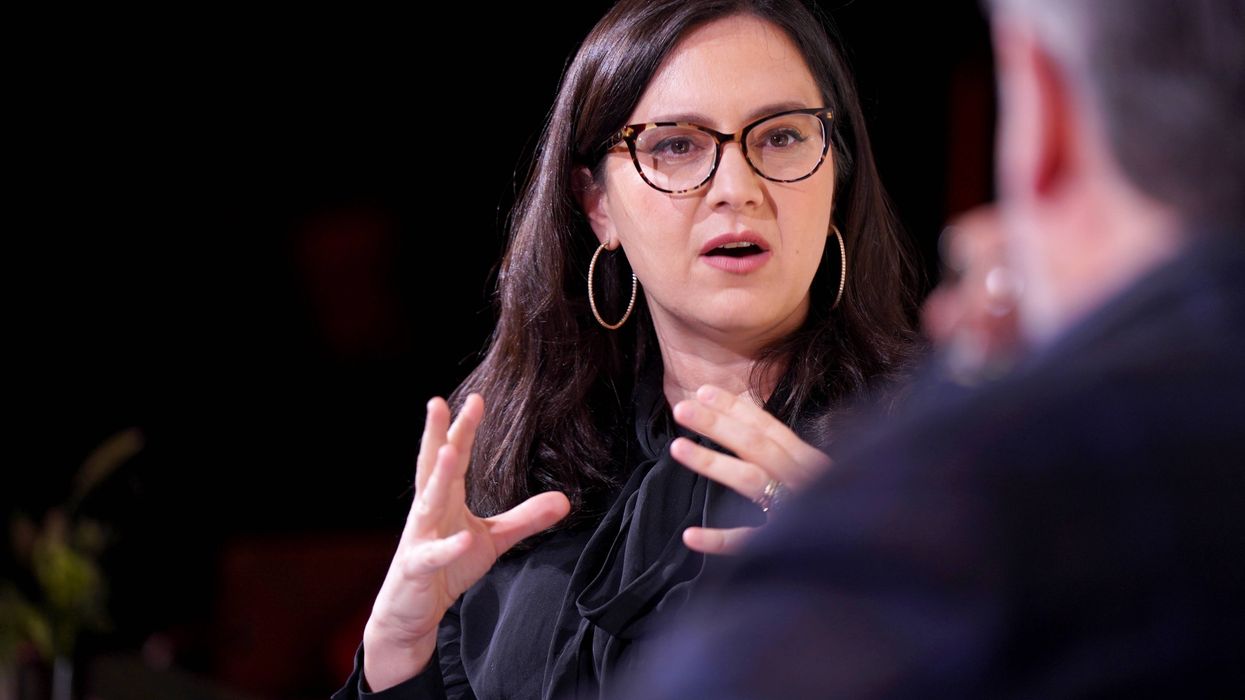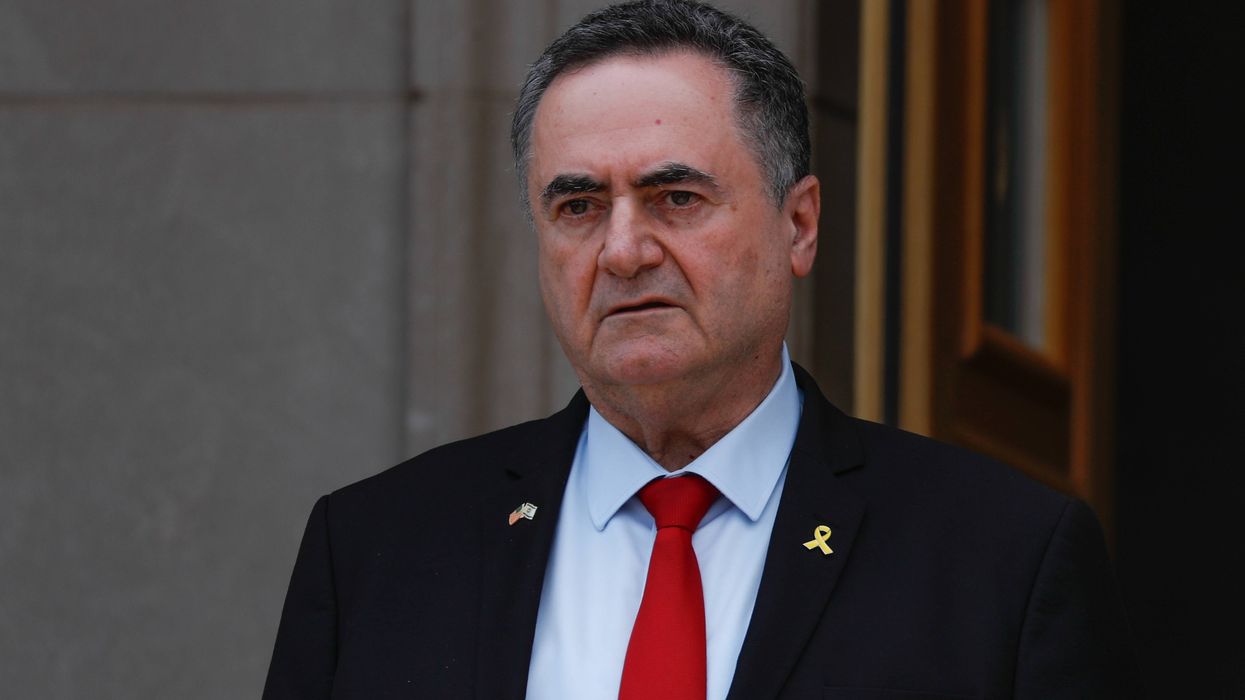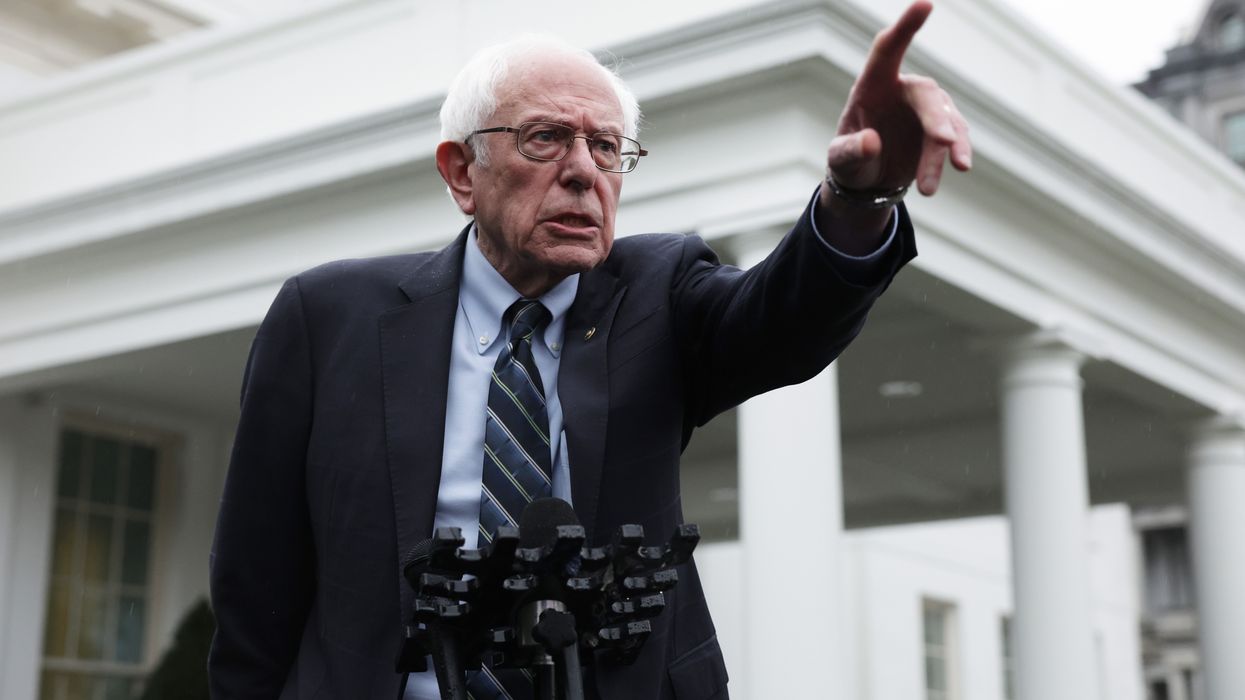August, 17 2010, 04:12pm EDT
For Immediate Release
Contact:
Bruce Mirken, Greenlining Institute Media Relations Coordinator, 510-926-4022
Greenlining Tells Fed: Communities of Color are "Canaries in the Coal Mine" of Economic Crisis
$350 Billion Loss of Wealth Requires Strong Action to Update Community Reinvestment Act
LOS ANGELES
In
testimony today before a Los Angeles hearing convened by the Federal
Reserve system and other federal financial agencies, the Greenlining
Institute called for strong action to modernize the Community
Reinvestment Act (CRA), first passed in 1977. "In a sense, communities
of color have become the canaries in the coal mine of the economic
crisis," Greenlining Community Reinvestment Director Preeti Vissa told
the hearing. "While the nation has experienced a recession, too many in
our communities have experienced a depression."
Vissa's full testimony is available online here.
Vissa spoke during a day-long
hearing called by the Fed to consider updates to rules implementing CRA,
passed to encourage banks and other financial institutions to meet the
credit needs of the communities they serve. Vissa noted that
foreclosures have drained $350 billion in assets from communities of
color and Small Business Administration lending to minority-owned
businesses has cratered, contributing to a growing racial wealth gap.
"For every dollar of wealth owned by a white family, an African American
or Latino family owns just 16 cents," Vissa noted, adding that many
Asian American families are doing nearly as badly, but exact patterns
are harder to determine because current statistics lump all Asian
ethnicities together.
"As it is written today, CRA
lacks the power to address the inequities that are contributing to the
growing racial wealth gap," Vissa told the hearing. She called for a
series of reforms, including:
1) Place diversity front and center.
Although the Federal Reserve Bank of Boston has called on financial
institutions to diversify their boards and staffs, African Americans,
Latinos and Asian Americans combined heldonly 9.3 percent of senior positions in the financial services industry in 2008.
2) Add minority business contracting to the CRA evaluation process.
Minority-led businesses are top job creators in low-income communities.
The California Public Utilities Commission's supplier diversity program
represents a successful model that financial regulators could easily
adopt.
3) Adapt the CRA rating system to incentivize innovation.
The current rating system fails to adequately reward outstanding
efforts and sometimes excessively rewards mediocre performance. More
grade levels should be added, along with a "community development" test
that would reward lending to and investment in community health clinics,
community-based loan funds, green affordable housing construction, etc.
4) Expand CRA to include all industries that provide financial products.
The financial services industry has transformed radically since 1977,
and the law must adjust. A modernized CRA should include investment
banks, insurers, hedge funds, and other financial institutions not
presently covered.
5) Make CRA matter again.
Weak enforcement has left community groups such as Greenlining to try to
enforce the law from the outside. In addition to a modern ratings
system, CRA needs tougher penalties for non-compliance and systematic
opportunities for consumers to comment on the performance of banks.
"The world has changed since CRA
was enacted in 1977, and CRA's failure to keep up has diminished its
effectiveness," Vissa said. "We can make CRA matter again."
LATEST NEWS
YouTube, TikTok Deleted ‘60 Minutes’ CECOT Clips Amid Paramount Takedown Push
The segment on the notorious torture prison—where the Trump administration has been unlawfully deporting Venezuelans—went viral on social media after being inadvertently aired in Canada.
Dec 23, 2025
Websites including YouTube and TikTok this week removed posts of a CBS News "60 Minutes" segment on a notorious prison in El Salvador, where Trump the administration has been illegally deporting Venezuelan immigrants, after being notified that publishing the clip violated parent company's copyright.
The segment on the Terrorism Confinement Center (CECOT)—which was intended to air on Sunday's episode of "60 Minutes"—was pulled by right-wing CBS News editor-in-chief Bari Weiss, who claimed that the story "was not ready" for broadcast, despite thorough editing and clearance by key company officials.
“Our story was screened five times and cleared by both CBS attorneys and Standards and Practices," said "60 Minutes" correspondent Sharyn Alfonsi, who reported the segment. “It is factually correct. In my view, pulling it now, after every rigorous internal check has been met, is not an editorial decision, it is a political one.”
The segment—which can still be viewed on sites including X—was shared by social media users after a Canadian network received and broadcast an original version of the "60 Minutes" episode containing the CECOT piece prior to CBS pulling the story. The social media posts containing the segment were reportedly removed after CBS parent company Paramount Skydance filed copyright claims.
A CBS News representative said that “Paramount’s content protection team is in the process of routine take down orders for the unaired and unauthorized segment.”
Weiss—who also founded and still edits the Paramount Skydance-owned Free Press—has faced criticism for other moves, including presiding over the removal of parts of a previous "60 Minutes" interview with President Donald Trump regarding potential corruption stemming from his family’s massive cryptocurrency profits.
On Tuesday, Axios reported that Weiss is planning a broad overhaul of standards and procedures at the network, where she was hired by Paramount Skydance CEO and Trump supporter David Ellison in October, despite a lack of broadcasting experience.
Keep ReadingShow Less
Israeli Defense Minister Tries to Walk Back Vow to 'Never Leave Gaza,' Build Settlements
The remarks drew critical responses, including from other Israelis and the White House.
Dec 23, 2025
Israeli Defense Minister Israel Katz "said the silent part out loud" on Tuesday, then promptly tried to walk back his comments that his country would not only never leave the Gaza Strip, but also reestablish settlements in the decimated exclave.
Israel evacuated Jewish settlements in Gaza two decades ago, but some officials have pushed for ethnically cleansing the strip of Palestinians and recolonizing it, particularly since the Hamas-led October 7, 2023 attack and the devastating Israeli assault that followed.
The Times of Israel on Tuesday translated Katz's remarks—made during an event about expanding Beit El, a Jewish settlement in the illegally occupied West Bank—from Hebrew to English:
"With God's help, when the time comes, also in northern Gaza, we will establish Nahal pioneer groups in place of the settlements that were evacuated," he said. "We'll do it in the right way, at the appropriate time."
Katz was referring to the Nahal military unit that, in part, lets youths combine pioneering activities with military service. In the past, many of the outposts established by the unit went on to evolve into full-fledged settlements.
"We are deep inside Gaza, and we will never leave Gaza—there will be no such thing," Katz said. "We are here to defend and to prevent what happened from happening again."
The so-called peace plan for Gaza that US President Donald Trump and Israeli Prime Minister Benjamin Netanyahu announced at the White House in late September notably states that "Israel will not occupy or annex Gaza," and "the Israel Defense Forces (IDF) will withdraw based on standards, milestones, and timeframes linked to demilitarization."
Gadi Eisenkot, a former IDF chief of staff who launched a new political party a few months ago, responded to Katz on social media, writing in Hebrew, "While the government votes with one hand in favor of the Trump plan, it sells myths with the other hand about isolated settlement nuclei in the strip."
"Instead of strengthening security and bringing about an enlistment law that will bolster the IDF, the government, driven by narrow political considerations, continues to scatter irresponsible and empty declarations that only harm Israel's standing in the world," he added.
The White House was also critical of Katz's comments, with an unnamed official saying that "the more Israel provokes, the less the Arab countries want to work with them."
"The United States remains fully committed to President Trump's 20-point peace plan, which was agreed to by all parties and endorsed by the international community," the official continued. "The plan envisions a phased approach to security, governance, and reconstruction in Gaza. We expect all parties to adhere to the commitments they made under the 20-point plan."
Later Tuesday, Katz's office said that "the minister of defense's remarks regarding the integration of Nahal units in the northern Gaza Strip were made solely in a security context. The government has no intention of establishing settlements in the Gaza Strip. The minister of defense emphasized the central principle of border defense in every arena: The IDF is the first and last line of defense for Israel's citizens, and the state of Israel relies for its protection solely on it and on the security forces."
Katz became defense minister in November 2024, just weeks before the International Criminal Court issued arrest warrants for his fired predecessor, Yoav Gallat, and Netanyahu over Israel's assault on and blockade of Gaza. When Katz took on the new role after serving as foreign minister, Palestine defenders accused the prime minister of swapping one "genocidal lunatic" for another.
Israel faces an ongoing genocide case at the International Court of Justice for its mass slaughter of Palestinians in Gaza. As of Tuesday, local officials put the death toll since October 2023 at 70,942, with another 171,195 Palestinians wounded, though global experts warn the true tallies are likely far higher.
At least 406 of those confirmed deaths have occurred since Israel and Hamas agreed to a ceasefire that took effect October 10. In a Monday letter demanding action from the White House, dozens of Democratic US lawmakers noted Israel's "continued bombardment against civilians, destruction of property, and insufficient delivery of humanitarian aid."
Keep ReadingShow Less
Sanders Slams Private Equity Scrooges Ending Paid Holidays for Walgreens Workers
"While the rich get richer, workers are struggling, and your decision to cut workers' paid vacation is making the problem worse."
Dec 23, 2025
Independent US Sen. Bernie Sanders on Tuesday urged the private equity firm that recently acquired Walgreens to reverse its decision to strip hourly workers at the second-largest US pharmacy chain of paid days off on Christmas and other major holidays.
After Sycamore Partners finalized its $10 billion purchase of Walgreens in late August, the pharmacy chain—now headed by CEO Mike Motz—eliminated paid holidays for New Year's Day, Memorial Day, Independence Day, Labor Day, Thanksgiving, and Christmas. Workers were notified of the move, which was first reported by Bloomberg, in October.
The move is typical of what private equity firms—sometimes called vulture capitalists—often do in order to maximize profits. In addition to slashing paid time off and benefits, they often reduce or freeze pay, fire workers, close locations, introduce aggressive sales targets, and reduce job security by replacing full-time positions with hourly or independently contracted workers. Walgreens announced last year that it planned on closing around 1,200 of its roughly 8,000 US stores, citing their struggling performance.
"This Thanksgiving, Walgreens' hourly workers faced the impossible choice between losing pay and spending the holiday with their loved ones," Sanders (Vt.)—who is the ranking member of the Senate Health, Education, Labor, and Pensions (HELP) Committee—wrote Tuesday in a letter to Sycamore Partners founder and managing director Stefan Kaluzny.
"Walgreens employs 220,000 employees, the vast majority of whom are hourly workers... Sycamore Partners' decision to cut paid holidays for these hourly workers is unfortunately not surprising," the senator continued. "The firm follows the private equity playbook of buying businesses and aggressively extracting profit while using and abusing workers."
"For example, just one year after Sycamore Partners purchased Staples, the firm extracted $1 billion from the company as it closed 100 stores and laid off 7,000 workers," Sanders noted. "That same year, Sycamore Partners drove Nine West into bankruptcy and was accused of siphoning off over $1 billion in funds."
"Meanwhile, from 2016-22, companies owned by Sycamore Partners racked up over $3 million in labor violations, including wage-and-hour and workplace safety and health violations," he added.
During the holiday season, we all want to spend time with our loved ones. And yet, just two months after buying Walgreens for $10 billion, the private equity firm Sycamore Partners stripped hourly workers of paid vacation, including Christmas and New Year’s Day. Shameful.
[image or embed]
— Senator Bernie Sanders (@sanders.senate.gov) December 23, 2025 at 9:41 AM
Sanders contrasted a reality in which "60% of Americans are living paycheck to paycheck" with the fact that "more private equity managers make over $100 million annually than investment bankers, top financial executives, and professional athletes combined."
"While the rich get richer, workers are struggling, and your decision to cut workers' paid vacation leave is making the problem worse," he stressed. "Some Walgreens workers make as little as $15 an hour. Cutting their paid leave will make it even more difficult for these workers to pay for housing, childcare, healthcare, and groceries."
"In short," Sanders concluded, "Sycamore Partners is forcing workers to sacrifice their basic needs for private equity profit."
Keep ReadingShow Less
Most Popular


